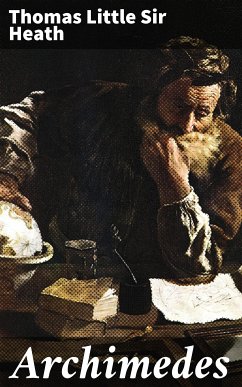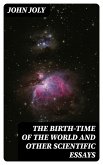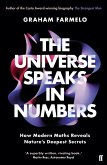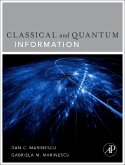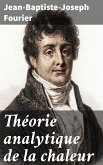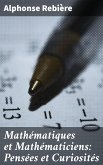In "Archimedes," Sir Thomas Little Heath presents a meticulous translation and commentary on the works of the ancient Greek mathematician and inventor, Archimedes of Syracuse. The text delves into Archimedes'Äô profound contributions to mathematics, physics, and engineering, exploring his methods in geometry, buoyancy, and levers with clarity and precision. Heath's literary style is both scholarly and accessible, making complex concepts understandable for a broad audience. The book situates Archimedes within the broader context of Hellenistic science, illustrating how his innovative thinking laid the groundwork for future advancements in these fields, while also engaging with the philosophical undercurrents of his time. Sir Thomas Little Heath was a distinguished scholar whose expertise in ancient mathematics and science informed his translations and analyses. Educated at Cambridge and a notable academic figure, Heath'Äôs extensive knowledge of Greek culture and mathematics uniquely positioned him to authentically interpret Archimedes'Äô work. His passion for the scientific legacy of the ancients shines through, motivated by a desire to bridge the gap between past and contemporary understandings of mathematical principles. "Archimedes" is an essential read for anyone interested in the origins of mathematics and the legacy of scientific thought. It offers a window into the intellectual rigor of the classical world, making it equally valuable for scholars and enthusiasts alike. Heath'Äôs engaging narrative ensures that Archimedes'Äô genius resonates with modern readers, inviting them to appreciate the timeless significance of his discoveries.
Dieser Download kann aus rechtlichen Gründen nur mit Rechnungsadresse in A, B, BG, CY, CZ, D, DK, EW, FIN, F, GR, H, IRL, I, LT, L, LR, M, NL, PL, P, R, S, SLO, SK ausgeliefert werden.

